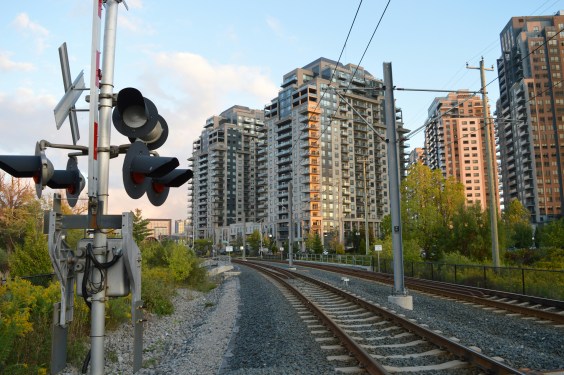Representatives from Washington's road and transit lobbies joined
Senate environment committee chairman Barbara Boxer (D-CA) today to
call for swift passage of job-creation legislation that is slated for a
vote in the upper chamber of Congress on Monday.
 Senate environment committee chairman Barbara Boxer (D-CA) (Photo: AP)
Senate environment committee chairman Barbara Boxer (D-CA) (Photo: AP)Faced with the prospects of a GOP filibuster, Senate Democrats have taken up a pared-down jobs bill that features
a $20 billion rescue of the nation's cash-strapped highway trust fund
and an expansion of Build America Bonds, a popular infrastructure
financing program.
"Ensuring these are included in the very first jobs
package is so essential," Boxer told reporters today. "We just don't have time to wait for an extension of the highway
trust fund."
That fund, which provides money for
bicycle and pedestrian projects as well as roads, is operating under a
stopgap re-upping of the 2005 federal transportation law that is set to
expire at the end of the month. Without a $20 billion transfer to keep
the fund in the black until 2011, Boxer said, its coffers would run dry
sometime in the summer.
John Horsley, executive director of
the American Association of State Highway and Transportation Officials
(AASHTO), and William Millar, chief of the American Public
Transportation Association (APTA), joined Boxer in touting the need for
a highway trust fund extension -- which would effectively postpone
debate on a new long-term federal transport bill until after the 2010
midterm elections, dealing a blow to House efforts to spur action this year.
"Failing
an extension of the authorization bill," Millar said, transit agencies
"would not be able to invest the money" Congress already has
appropriated for his sector.
Despite support from road and
transit interests, as well as bipartisan agreement on the need to keep
the highway trust fund solvent, Senate Majority Leader Harry Reid
(D-NV) is far from assured
of winning 60 votes for his first jobs bill. If the initial measure can
squeak through next week, Boxer said senators could soon take up a
second jobs bill that includes more infrastructure spending --
potentially in line with the House's $37.3 billion in new investment.





